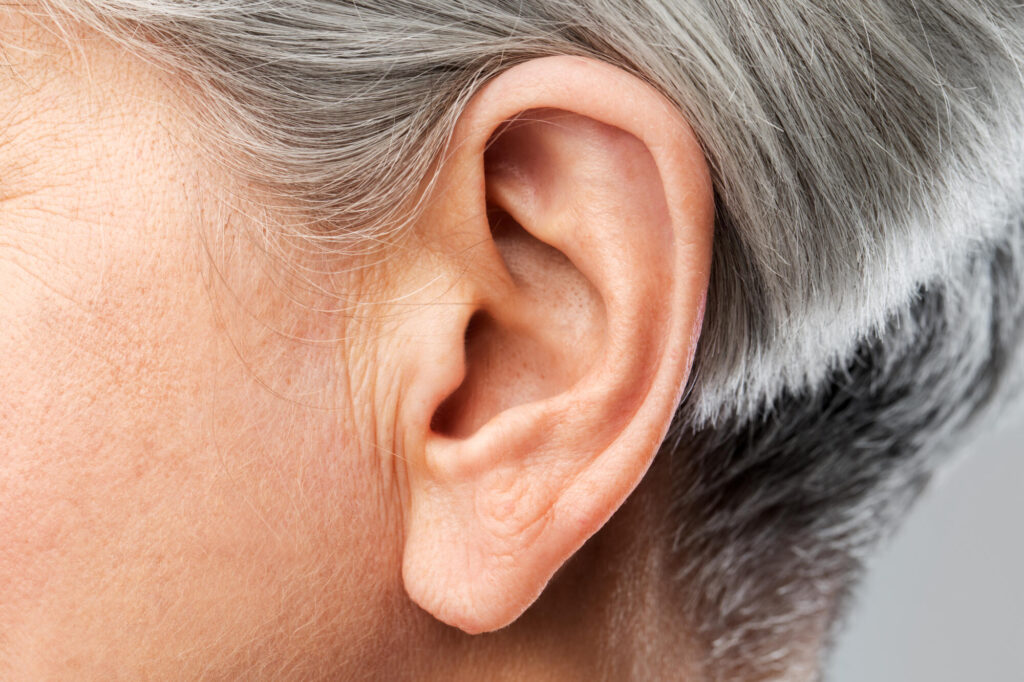Hearing loss in seniors is more common than many realize, but it’s often overlooked. If you’re concerned about hearing issues in yourself or a loved one, it’s important to know the warning signs.
Early detection can lead to better treatment and improved quality of life. In this article, we’ll explore the top signs of hearing loss in seniors and what steps you can take to address them.
Read further!
Difficulty Understanding Speech
One of the first signs of hearing loss in seniors is trouble understanding speech, especially in noisy environments. Conversations might sound muffled, making it hard to follow.
Seniors may ask others to repeat themselves more often, particularly if there’s background noise. This is a key indicator that hearing may be declining.
When this happens, it’s time to check if the senior needs a hearing evaluation. Early intervention can prevent further communication difficulties.
Frequently Turning Up the Volume
If the television or radio volume is turned up higher than usual, it could indicate hearing loss in seniors. Seniors with hearing issues may not realize they need the volume up to hear properly.
This habit can become bothersome to family members or others in the household. It’s a good sign that the individual may be struggling to hear clearly.
Regularly adjusting the volume can be an unconscious way of coping. A hearing test can help determine if this is linked to hearing loss.
Social Withdrawal
Seniors experiencing hearing loss may begin withdrawing from social situations. This is often due to the frustration of not being able to understand others in conversations.
Feeling embarrassed or left out in group settings can lead to avoiding social gatherings. As a result, isolation can become an issue, affecting mental health.
Recognizing hearing loss symptoms in seniors can help caregivers take action before the situation worsens. Offering support and seeking solutions can improve their social engagement.
Tinnitus or Ringing in the Ears
Tinnitus, or a constant ringing sound in the ears, is another common symptom of hearing loss in seniors. This ringing can occur even when there’s no external sound. It may happen in one ear or both, making it harder for the person to concentrate or sleep.
Seniors with tinnitus may not always connect the ringing with hearing loss. Consulting a doctor can help determine if this is related to hearing decline. Tinnitus management options are available to reduce discomfort and improve overall well-being.
Complaints of Fullness or Pressure in the Ears
Seniors might experience a sensation of fullness or pressure in their ears, which can be a sign of hearing loss. This feeling often accompanies a decline in hearing ability. The pressure may cause discomfort and interfere with everyday activities.
It’s important to get a professional assessment to determine the cause of this pressure. It could indicate an underlying condition that needs treatment. Early detection can help address the problem before it worsens.
Learn How to Deal With Hearing Loss in Seniors
Recognizing the signs of hearing loss in seniors is crucial for their overall well-being. If any of these symptoms seem familiar, it’s essential to seek medical advice as soon as possible. Taking action early can make a significant difference in managing hearing loss.
Helping seniors adjust to hearing aids or other devices can improve their quality of life and keep them connected with the world around them. Don’t wait — address hearing issues promptly for the best results.
If you’re ready for more, our blog is full of exciting reads!







